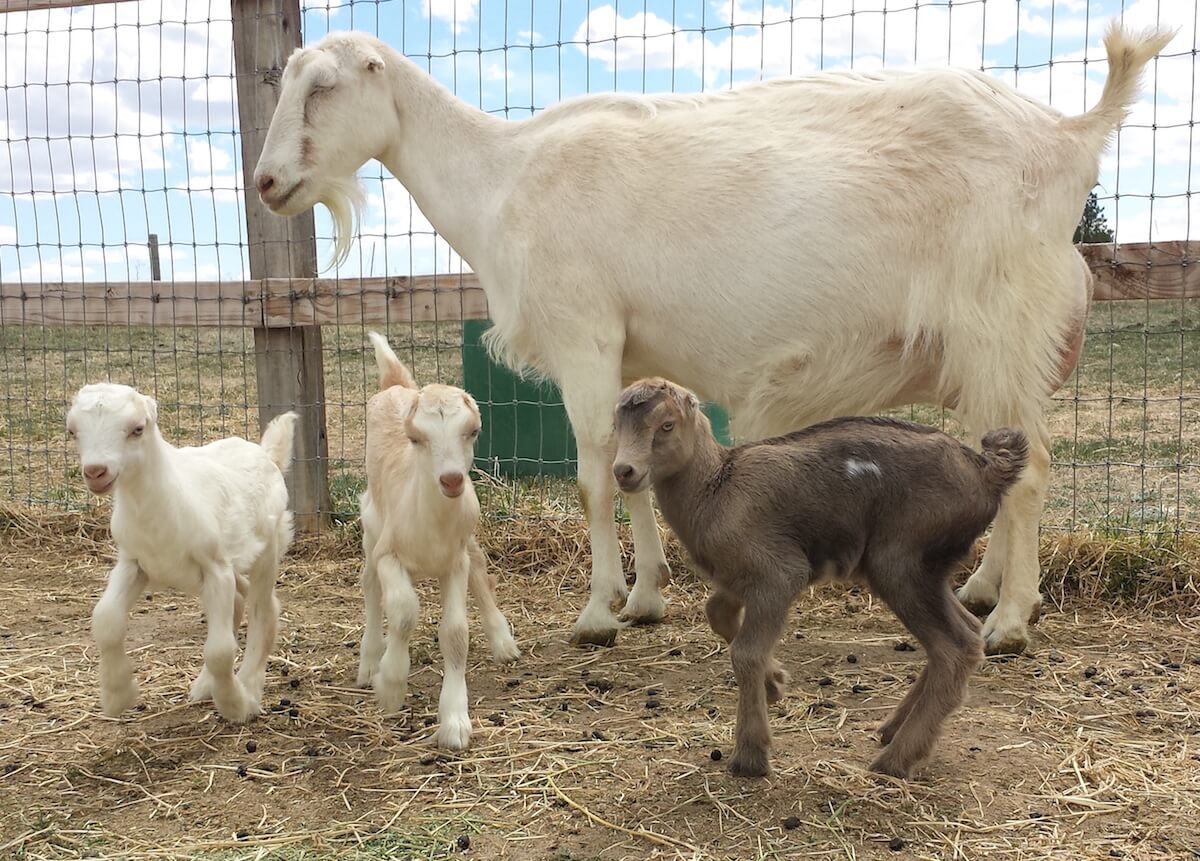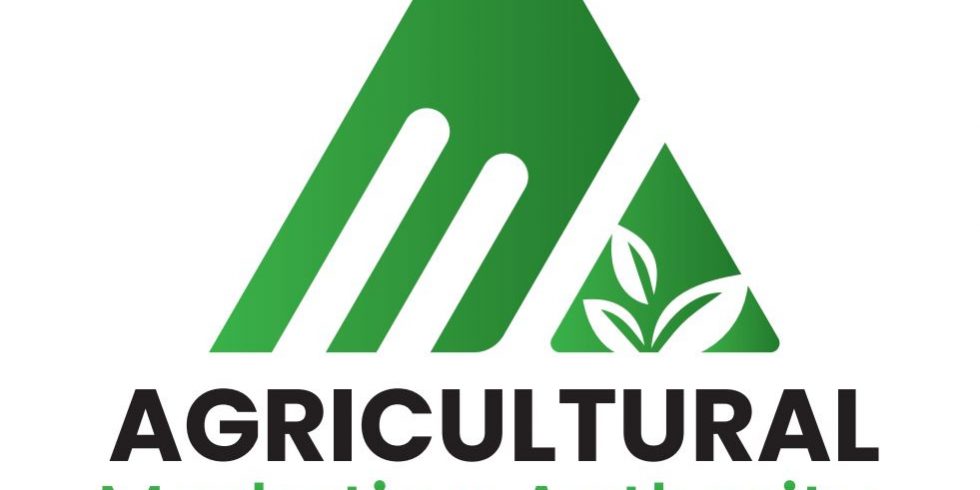
By Lindani Ncube
Managing pregnant goats is important for maintaining the health of the mother and ensuring successful delivery of kids. Here are some tips for good management of pregnant goats.
Pregnant goats require a diet that is high in protein, calcium, and other nutrients to support the growth of the fetus. Feed them a balanced diet that consists of good quality hay or pasture, grains, and supplements, if needed.
Pregnant goats need access to clean and fresh water at all times to ensure they stay hydrated and to avoid health problems. It is important to schedule regular check-ups with a veterinarian to monitor pregnancy. In addition, it is essential to have an emergency plan in place if complications arise. Farmers should not hesitate to contact the veterinary department for help in case one is not sure about application of vaccines. It is also advisable to have a vet kit at the farm.
Provide a comfortable environment
Pregnant goats should be kept in a clean, dry and comfortable area with adequate ventilation and bedding. They should also have shelter and be protected from direct rain, sun and wind. Allow pregnant goats to move freely around the barnyard or pasture to promote good blood flow and reduce the risk of complications due to lack of exercise.
https://www.sundaymail.co.zw/management-of-does-bucks-crucial-to-goat-farming
It is important to keep the living area and stalls clean to prevent the build-up of bacteria and infections. As the due date approaches, keep a close eye on the goat for signs of labour, such as restlessness or nesting behaviours. Take note of the following issues.
Kid management
Managing kids is essential for ensuring their health and growth. Here are some tips for good management of goat kids.
Goat kids need to be fed a balanced diet to support their growth and development. They should receive milk or replacers for at least the first 8 weeks of life. After that, they can be introduced to hay, grain, and water. It is important to feed them a well-balanced diet to prevent nutritional deficiencies.
https://www.chronicle.co.zw/beitbridge-boer-goat-breeder-honoured-in-sa/
Kids should be housed in a clean, dry, and secure area. Provide them with a warm and dry shelter to protect them from harsh weather condition. Arrange regular check-ups with a veterinarian to monitor their health. This will also help to identify any potential health issues early.
Vaccinate kids to protect them against diseases. Consult with a veterinarian to determine which vaccinations are applicable. Allow goat kids to play and exercise in a safe and secure area as it helps improve their physical and mental well-being.
Control parasites such as lice, ticks, and worms by maintaining a clean-living area and regularly deworming goats. Socialize the kids with others, especially during their early life to promote healthy behaviour and aid in their growth and development. By following these guidelines, the farmer can help ensure that the goat kids grow up healthy and strong.
https://www.sundaymail.co.zw/us2-million-goat-scheme-for-pensioners
Weaning kids
Weaning is an important process in goat farming as it involves separating the young goats from their mother’s milk and transitioning them to a diet of solid food.
Weaning promotes growth; it allows kids to start eating solids, which are crucial for development. Solid food provides them with the necessary nutrients to grow and develop properly and fight disease. Goats can transmit diseases through their milk. Weaning helps to prevent the transmission of diseases such as mastitis from the mother to the kids.
As the kids grow, they become more dependent on their mother’s milk for nutrition. Weaning reduces the demand on the mother’s milk production, which can help to prevent health problems such as mastitis. Weaning allows for better management of the kids, as they can be separated into groups based on age, size, and gender. This makes it easier to monitor their health, feed them properly, and ensure that they receive the necessary care.
Overall, weaning is a crucial process in goat farming that promotes the growth and health of the kids, prevents disease transmission, eases the burden on the mother goat, and allows for better management of the herd.
Record keeping and tagging
Keeping records of the kids is important for tracking their genetics, growth, health, and productivity. The farmer should keep track of their birth date, weight, vaccinations, treatments, and any other important information that may be useful in managing your herd. This information can be recorded manually or digitally, depending on preferences.
Tagging is an important part of identifying and tracking kids. It helps to keep track of the individual goats and makes it easier to monitor their growth and health. There are different types of tags available, such as ear tags, leg bands, or collars. Ear tags are the most common and are usually applied soon after the kid is born. They should be properly applied to avoid causing discomfort or injury to the kids.
Kids can be tagged with a unique identification number that can be traced back to mother and farm. This works in marketing goats as well. Keeping accurate records and tagging kids can provide many benefits, including improved herd management, better disease control, and increased productivity. It can also help to identify and cull unproductive or unhealthy goats, and to make informed breeding decisions based on the performance of your herd.
Meanwhile, the Agricultural Marketing Authority in partnership with Woodlands Farm will next week conduct capacity building training in Kwekwe to enhance productive capacity of local farmers to tap into the export market.
Lindani Ncube is Michview Enterprises manager.
Word from the market is a column produced by the Agricultural Marketing Authority (AMA) to promote market driven production. Feedback cchiduku@ama.co.zw or WhatsApp +263781706212.





